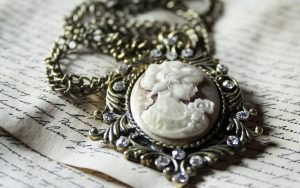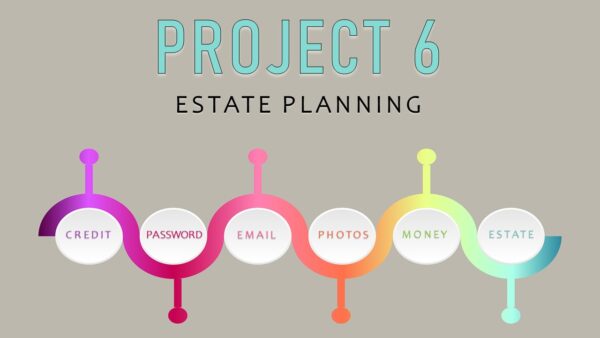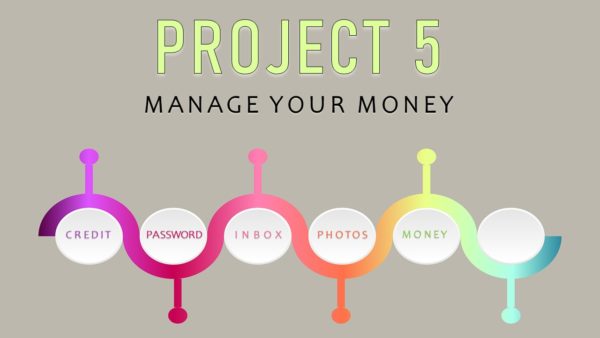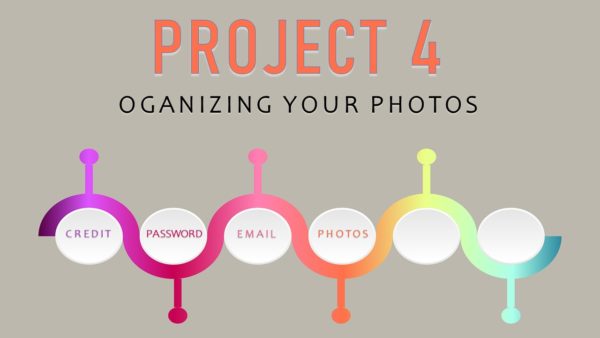Estate planning requires us to confront many challenging issues. For some, the thought of facing…
When Memories Become Clutter
 Sentimental items can be paralyzing the organizing process, halting people before they even get started. Sorting through childhood keepsakes, items from a loved one or stacks of letters and cards can freeze people in their tracks. When memories become clutter, these items can lose their significance. There are a thousand reasons people might cite for holding onto an item that embodies a memory. Here’s what I talk about with my clients when dealing with the clutter of memories.
Sentimental items can be paralyzing the organizing process, halting people before they even get started. Sorting through childhood keepsakes, items from a loved one or stacks of letters and cards can freeze people in their tracks. When memories become clutter, these items can lose their significance. There are a thousand reasons people might cite for holding onto an item that embodies a memory. Here’s what I talk about with my clients when dealing with the clutter of memories.
Avoiding the “everything or nothing” trap.
When forced to make a quick and permanent decision on things that hold a sentimental value, many people fall into two camps: toss it all and keep it all. Both are avoiding the difficult process of sorting through the memories. Often after a loss, there is just not enough emotional energy left to focus on this task. Other times, it’s what we learned as children, watching how our families treated items associated with memories.
Steering clear of unrealistic expectations.
Are you holding onto items because of grand plans that may or may not ever be realized, out of guilt, or a feeling of responsibility? I hear many variations on these themes: “My mother kept all my grandmother’s things when she passed away, so I need to keep these too.”. Or, “I’m going to make a quilt out of all my children’s baby clothes. Someday.”. Or, “It’s my duty to research our genealogy and use these photos that were left to me.”
Determining the true value.
Keepsakes are not automatically valuable because they’re old, were once considered a collectible or cost a lot. Some baseball cards and antique furniture are worth money – but only a very few, and if in mint condition. Your children’s old Beanie Babies, covered in dust and stored in a damp basement, do not have “collectible” value. Too often I see people giving up large areas of their homes, to boxes of items that may have value one day, often to find there is no market for what they have kept.
Honoring a loved one’s memory.
Recently I was helping a client organize and we came upon some papers pertaining to her grandmother. She had been the executor of her grandmother’s will, spending the last few years closing out the details of the estate. Her gut reaction was to keep those papers, and so we set them aside. My client expressed later, as we looked through that pile, how trying and arduous that process had been and how relieved she was that it was finished. So, I questioned her about why she was keeping so much paperwork for a project that was completed, and brought up such a painful time. She acknowledged the energy drain these papers held and as we talked it through, she was able to get rid of most of them.
Later we found a box of her grandmother’s old brooches that brought her happy memories and positive energy. Recognizing the quality of this attachment, she was able to release the quantity of items she was keeping. We worked on displaying some of this jewelry as a better way honor her grandmother’s memory.
Identifying a real connection.
This can be tricky, because what holds a memory for one person is not the same for another. It’s important to understand what this connection is before deciding to keep anything. Is it a childhood memory, a positive energy, or does this item just make you happy? Maybe you are keeping something because you think letting it go will erase the memory or show disrespect to the person attached to it. Is an item stored away in a box really respecting that memory?
Spend time reflecting on these items you’re keeping. Do they truly honor the memory you’re trying to hold onto? Select a few objects with strong associations to your most positive memories, those items that make you happy. Find a way to use these daily or choose a place where you’ll see and enjoy them often. It won’t be easy at first to decide, but eventually you’ll recognize those pieces that best hold that special connection.



